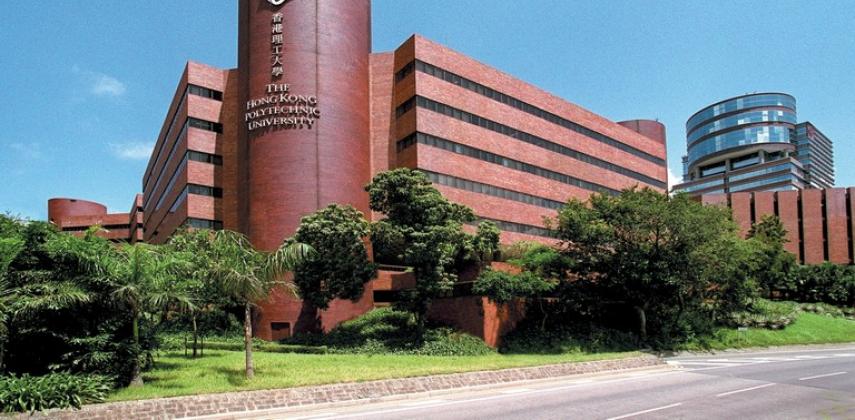Professor Keith Chan, acting dean of students at the Hong Kong Polytechnic University (PolyU), says that in response to the increasing number of their non-local students, the university has established the Mainland and International Student Services Office. The institution currently has about 4,000 mainland and overseas students enrolled in various programmes.
"As the number of non-local students studying at our university continues to grow, the office has been set up to provide one-stop support services from pre-arrival to arrival, personal development and counselling," says Chan.
The office is also responsible for developing and implementing guidelines and policies on all aspects of non-local student affairs, and helping students with career development and placement services.
"It used to be that most of our students were undergraduates who lived in student residences. But with more self-financed postgraduate programmes on offer, we now have a large number of students who live outside, and who we feel require different services," says Chan.
The new non-local student services office, he explains, would play a key role in the formulation, implementation and review of relevant strategies and policies in student services.
"The assistance we offer is wide ranging, from orientation and support services to adjustment issues and providing exposure to Hong Kong culture," says Chan. "We want to help students to learn from others and enjoy their university experience."
The head of the newly established office will oversee a department that is expected to excel in its passion for providing support and services to students, Chan adds.
"The job involves working with staff members in a multicultural environment with diverse stakeholders. People who work with students need to have strong interpersonal and communication skills and excellent language abilities," Chan says. "They also need to work flexible hours. Some of their responsibilities will involve working during the evenings and on weekends."
Raymond Leung, director of student affairs at the Chinese University of Hong Kong (CUHK), says that there are several offices at CUHK that offer support to both mainland and international students.
These units provide a wide range of specialised assistance to students in a number of areas, including study adjustment, learning enhancement, mental well-being, developmental activities, experiential learning exposure, and career development.
Personal guidance is also given to all new non-local students, Leung adds.
"Close engagement with students is one of the most important aspects of the job," he says. "We advise students about practical skills and work with them to establish a feasible study plan. We also mobilise social networks, work closely with academic departments, and enlist additional support when necessary."
Leung says that before the start of the academic year, comprehensive orientation programmes are organised for mainland and international undergraduates.
Contents include a briefing on the university's academic system, faculties and programmes. The orientation also offers an introduction to university policies, student services, course selection, and local culture.
At the University of Hong Kong (HKU), mainland students - accounting for half of its 2,000 international undergraduates - are regarded as part of the school's overall intake of non-local students.
"With student applicants from 73 different nationalities, we have a diverse internationalised student population," says a spokeswoman for HKU's Centre of Development and Resources for Students.
To help non-local students to integrate, the centre organises activities to promote cultural diversity and harmony. This includes sessions with Hong Kong students who serve as ambassadors to help newcomers settle in.
The on-campus "Global Lounge", meanwhile, is a meeting place for students of all nationalities to share their cultures with others. Last year, it hosted more than 20 activities.


